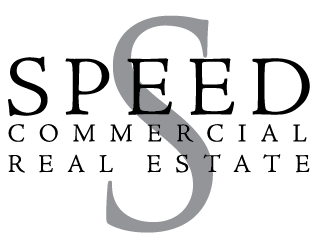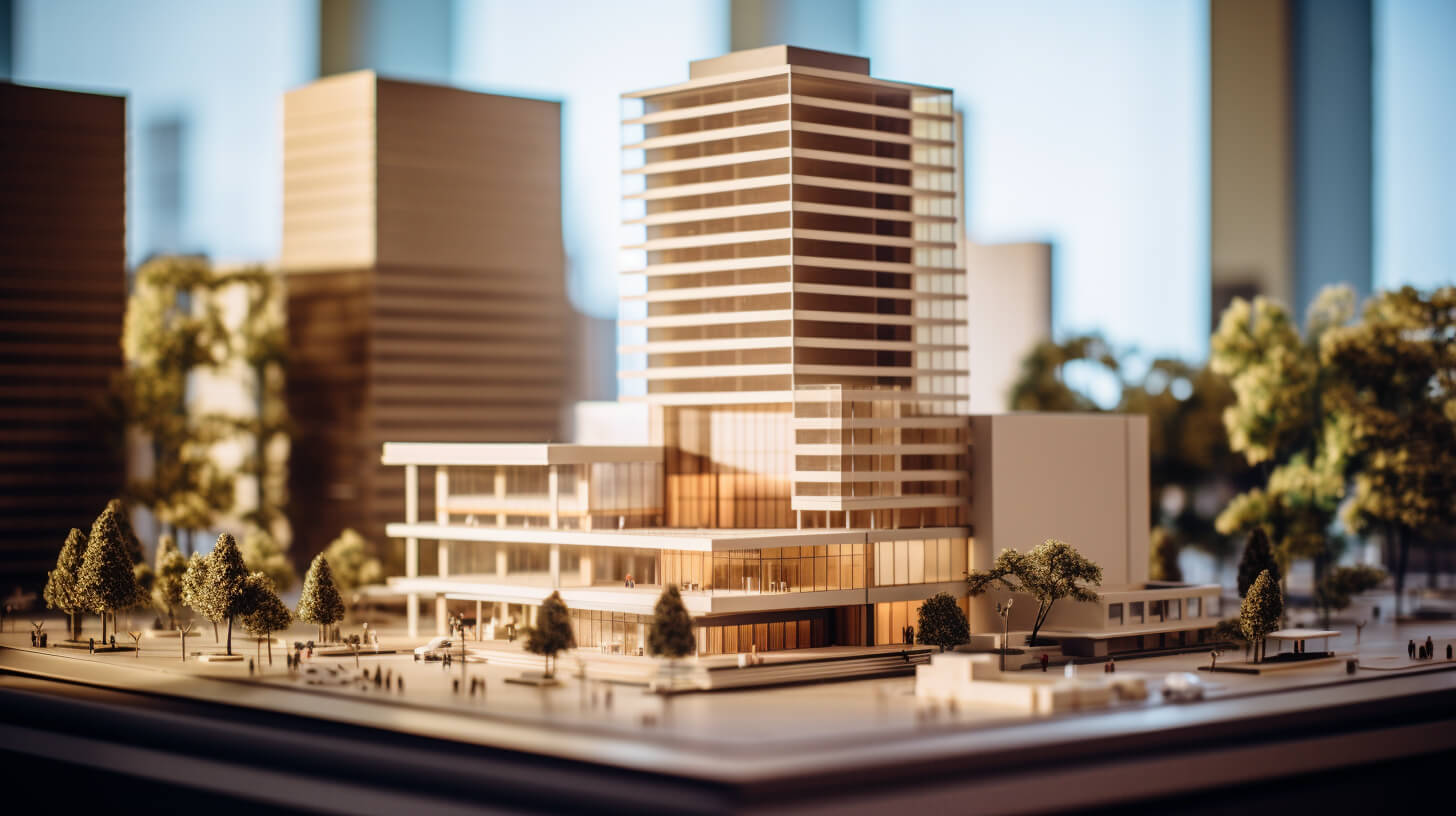Many new business owners have only ever dealt with residential leases. Residential leases are generally standardized and only rarely is a company willing to negotiate with a tenant. A commercial lease, on the other hand, is completely different.
Everything in a commercial lease is open to negotiation, from the rent to the length of the lease to who is responsible for which repairs. This realization can be overwhelming to a new business owner. Here are some tips on negotiating a commercial lease, and remember that you will probably want to involve a lawyer at some point in the process.
Know Your Budget and Priorities
Before you even start searching for a building or part of a building to lease, you need to know your budget and your priorities. How much you can afford to spend is the first factor.
Then put down a list of the things you absolutely must have. This includes features of the building itself, such as minimum square footage or number of parking spaces, but it should also include clauses you want in the lease. You might, for example, need certain improvements to the property to be made before you can move in. Make sure your lease allows you to cure a default before eviction.
After that, come the nice-to-haves. A sublet clause? If your business is brand new, that might be a must-have. You might also want to try and get your landlord barred from renting a unit close to yours to a similar business, which can matter a lot in retail.
Know Your Commercial Lease Types
There are four basic types of commercial lease in terms of who pays for what:
- Single net lease or net lease. The tenant pays utilities and property tax, while the landlord covers maintenance, repairs, and insurance.
- Double net lease. Tenant pays utilities, property tax, and insurance, landlord covers maintenance and repairs.
- Triple net lease. Tenant responsible for all costs except major structural repairs.
- Full service gross or modified gross. Structural repairs and operating expenses, including insurance, taxes, and utilities are split between the tenant and the landlord.
If you are leasing in a multi-tenant building, expect a full-service gross lease, as this divides building expenses between tenants, usually by a formula based on square footage. These leases vary in precise details. For example, you may be responsible for your own janitorial services or there may be a building service tenants pay for on a pro rata basis. Make sure you know every detail of the lease you are signing.
Research Fair Market Rent
Find out what similar units or buildings are going for under similar commercial lease terms. If the rent seems too high, you can use this research as ammunition to negotiate a lower rate.
If, on the other hand, a building is being offered at a lowball price, you will know in advance that there might be something wrong with it; you might be able to get a deal or there might be things going on with it that would be unacceptable to you. You can do your research and find out why the price is so low.
Verify the Space
There’s a term for incorrect measurements provided by landlords: “Rubber rulers.” It’s that common. Go look at the space you are going to be leasing and measure it. Remember that spaces always look smaller without furniture…you really want to at least pace it out. If you are renting an office, you will also have a multiplying factor that covers your share of common areas. Look at this, too. Don’t agree to it automatically. Sometimes you may find it is out of proportion, especially if you have a smaller number of employees.
Landlords have also been known to include wall thicknesses, air shafts, etc as part of rentable space. Verifying the space is important both so you don’t overpay and so you know you are getting the square footage you have determined you need. If in doubt, hire an architect. This can be expensive, but it can save you money in the long term and, especially, save you from renting a space that turns out to be too small. Make sure they use a generally accepted standard.
Pick Your Battles
Any negotiation is a compromise. When you start negotiating, come armed with your list of must-haves and deal killers. However, don’t let the landlord know what’s on that list; if they find out what you really want, they can use that against you.
Look for compromises. If you absolutely must have assistance remodeling the space, then you might need to be willing to sign a longer lease. (If so, talk about a subletting clause.) There may be things you are willing to shift on and things you aren’t (don’t, for example, sign a catch-all operating expenses clause, but make sure it details exactly what it covers).
You need to know what those are, and where you are willing to compromise and not.
Get Help
Commercial leases are very complicated. If you have never negotiated one before, you really should consider professional help. A lawyer is a good idea, but what can also help a lot is a tenant representative who can guide you through things like space evaluation, needs assessment and rent research. A lot of this stuff is both tedious and outside of your likely field of expertise. Having an expert on your side is a good idea. You can be absolutely sure that your landlord will have a lawyer and experts to help negotiate the lease. Remember that landlords will always try to negotiate and close on leases in their own favor.
You should always come at negotiating a commercial lease as the complicated transaction it is, and know that everything is negotiable. The initial lease your landlord’s representative hands or sends you is a starting point for negotiations (and may have inaccuracies about space). Never sign the first lease, but always read through it, check for clauses you don’t like, and start working towards a compromise that is satisfactory to both of you.

